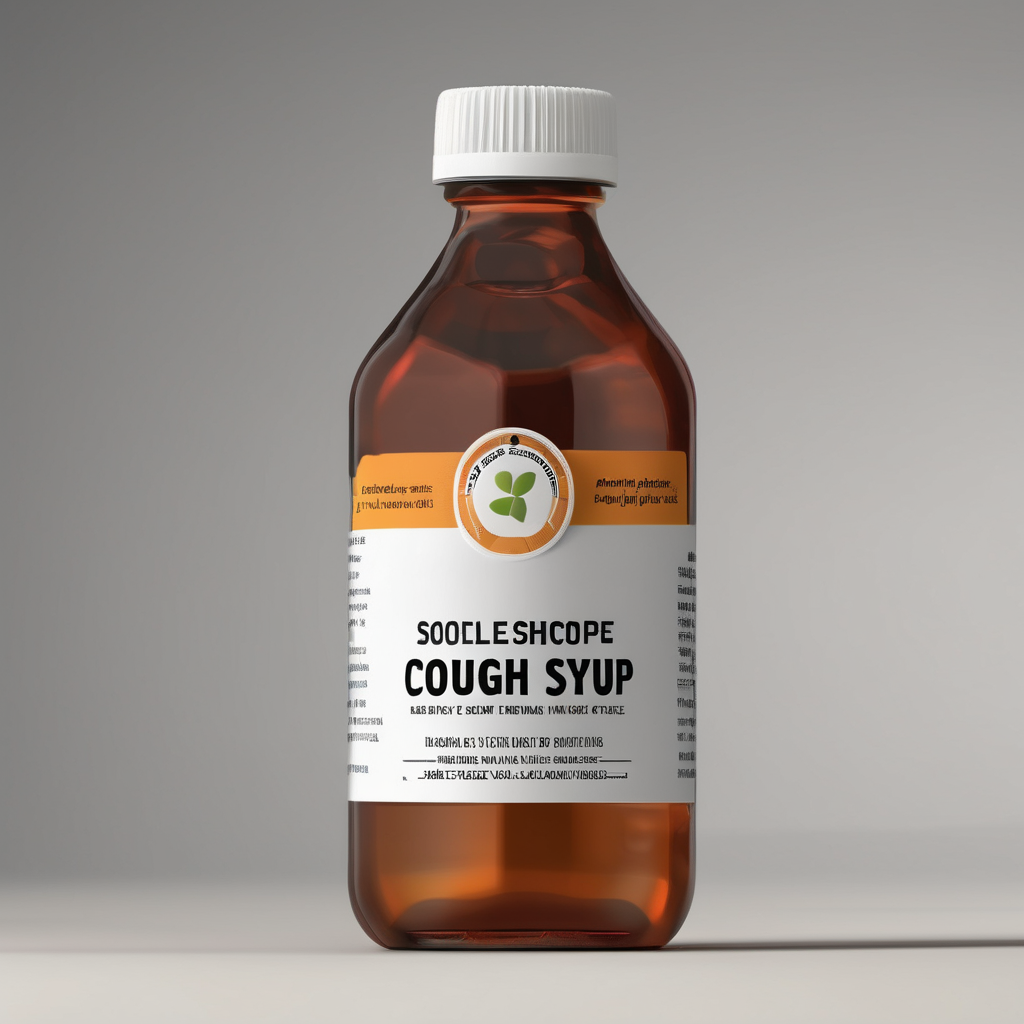The World Health Organization (WHO) has issued a health advisory concerning three contaminated cough syrups identified in India, urging global authorities to report any instances of these products. The syrups in question are specific batches of Coldrif from Sresan Pharmaceutical, Respifresh TR from Rednex Pharmaceuticals, and ReLife from Shape Pharma.
The WHO has warned that these contaminated products pose significant health risks, potentially leading to severe, life-threatening conditions, particularly among vulnerable populations. The Central Drugs Standard Control Organization (CDSCO) of India reported that these syrups were consumed by children under five years old, leading to tragic fatalities in Chhindwara city, Madhya Pradesh. The cough medicines were found to contain toxic diethylene glycol at nearly 500 times the permissible limit.
In response to the epidemic of contaminated medicines, the CDSCO reassured that none of the defective syrups have been exported from India, emphasizing that there is no evidence of illegal exports. The U.S. Food and Drug Administration (FDA) confirmed that these hazardous cough syrups have not been shipped to the United States.
This alert echoes previous concerns about product safety, as seen in a recent announcement from Samoa regarding a whooping cough outbreak due to increased cases, primarily among infants. This emphasizes the critical importance of vigilance in public health and product safety standards. Both situations underline a broader public health challenge, where contaminated materials exposed to children necessitate urgent attention and preventive measures from governing health authorities.
By raising awareness and enhancing regulatory measures, health agencies can better safeguard communities and prevent similar incidents in the future. Ensuring proper monitoring and adherence to safety protocols is essential for the protection of public health, especially for the most vulnerable populations, such as children. Public health initiatives and community education will play vital roles in preventing further tragedies and fostering healthier futures for everyone.
